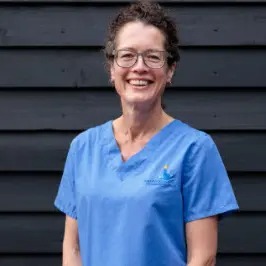Pelvic Fracture Decision-Making
Species
Small Animal
Contact Hours
2 Hours - RACE Approval Pending
Language
English
Discipline
Anaesthesia & Pain Management
Diagnostic Imaging
Emergency & Critical Care
Internal Medicine – Endocrinology, Haematology, Infectious Diseases, Parasitology & Oncology
Orthopaedics
Rehabilitation & Physiotherapy / Physical Therapy
Sports Medicine
Surgery
Toxicology & Pharmacology
Growth Partners
North America

Europe

Veterinary Partners
Global



North America
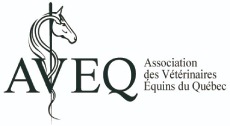
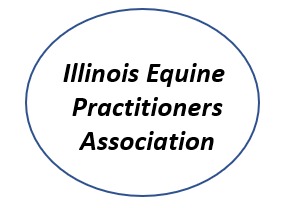
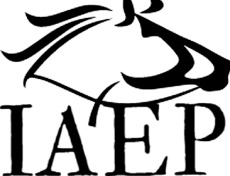
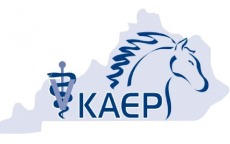
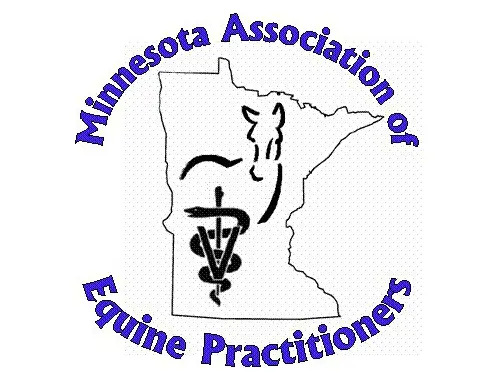
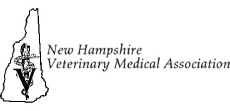




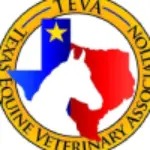


Europe
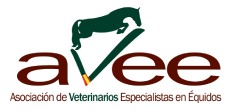
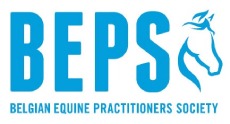


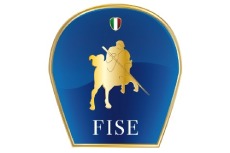

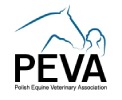

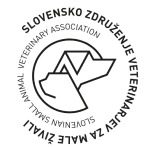
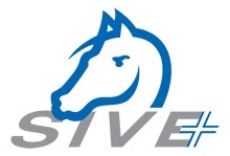



Middle East & Africa
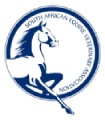
Asia-Pacific

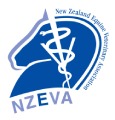
Time: London 6PM / Paris 7PM / New York 1PM / Sydney 3:00AM (+1)
Panelists:
Sarah Girling BSc, BVSc, CertSAS, DECVS, MRCVS - Fitzpatrick Referrals, UK
Sorrel Langley-Hobbs MA, BVetMed, DSAS(Ortho), DECVS, FHEA, FRCVS - Langford Vets, University of Bristol, UK
Daniel Mertens BA, MS, DVM, DACVS - Carolina Veterinary Specialists, USA
Moderator:
Denis Marcellin-Little DEDV, DECVS, DACVS, DACVSMR - UC Davies, USA
CONTENT DESCRIPTION
Pelvic fractures are common, representing 20-30% of fractures in small animals. They are most seen in young, healthy dogs and cats due to major trauma. Concurrent injuries to vital organs are very common and should be addressed before definitive fracture management. Due to the box-like structure of the pelvis, fractures tend to be multiple; however, the high cancellous-cortical bone ratio of the bones involved, and the stability provided by the surrounding musculature favour fracture healing so not all fractures require surgical correction, and many can heal well with conservative management. Appropriate assessment and management of pelvic fractures requires an understanding of the anatomy and biomechanics of the pelvis as well as an understanding of the healing process. The decision to treat pelvic fractures surgically or medically is based on a combination of radiographic evaluation, physical and neurological examination findings, and client/patient factors. Although the pelvis is a good biological environment for fracture healing and even displaced fractures that are managed medically rarely proceed to non-union but nonetheless, in many cases surgery is indicated to maximize functional outcome, relieve discomfort, and accelerate return to activity.
Join us for this interesting, applicable panel discussion where our international multidisciplinary panel will share their insights and experience. They will discuss how once the patient has been treated for pain, assessed for other life-threatening injuries and stabilised, the work-up should be approached. They will cover the physical examination, neurological examination and then further diagnostic imaging. Through a selection of case studies, they will explore the different management options and surgical techniques. Questions and comments from the attendees will be encouraged.
Sarah is a New Zealand graduate working in private referral practice, Fitzpatrick Referrals (Surrey, UK). She gained RCVS Certificate in Small Animal Surgery in 2003, and European College of Veterinary Surgeons diploma in 2007, becoming an EBVS® European Specialist in Small Animal Surgery. My particular interest lies in management of joint disease especially for the elbow and hip joint, with hip replacement a key feature of my clinical week. Of course, I like executing a nice fracture repair with the rapid recovery of the patient thereafter, which is always a great reward.
I am keen to share my skills and experience of veterinary orthopaedics through the provision of continuing education and mentorship. This is my legacy to future generations of veterinarians. For this, I am the grateful recipient of the BSAVA Simon Award 2022 in recognition of my contribution to veterinary surgery. I am current teaching faculty for AOVET and ArthrexVetSystems, past education officer and chairperson of the British Veterinary Orthopaedic association, and previous director of the ESVOT committee. As part of my working week, I have a daily commitment to the onsite training of young surgeons in the ECVS surgical program.
More InfoSorrel graduated from the Royal Veterinary College (RVC), London. She then spent three years in private practice where she gained her Certificate in Small Animal Orthopaedics. She then returned to the RVC where she undertook a three-year residency in Small Animal Orthopaedics.
She gained her RCVS diploma in Small Animal Orthopaedics in 1997 and then spent six months as a lecturer at the University of Pennsylvania before returning to take up a post as University Surgeon at Cambridge University Veterinary School. She gained her ECVS diploma in Small Animal Surgery in 1999 and became a European Specialist in Small Animal Surgery. She was appointed Chair in Small Animal Orthopaedic Surgery in 2013 at the University of Bristol.
She is interested in all aspects of small animal orthopaedic surgery with particular interests in fracture repair, cruciate disease and hip replacement. She also has a particular interest in feline orthopaedics and she has published widely in this field and is frequently invited to lecture on feline orthopaedics both in this country and abroad. She has co-edited a textbook on Feline Orthopaedic Surgery and Musculoskeletal Disease and a partner textbook on Feline Soft Tissue & General Surgery.
Sorrel is heavily involved in undergraduate and post graduate veterinary surgery teaching. Clinical research interests include feline patella fractures and feline cruciate disease. In September 2019 Sorrel became a Fellow of the Royal College of Veterinary Surgeons for her outstanding contribution to the veterinary profession.
More InfoDr. Denis J. Marcellin-Little graduated from the National Veterinary School of Toulouse in France, then completed an internship at Hollywood Animal Hospital in Hollywood, Florida, and a small animal surgery residency at NC State University, where he remained on the faculty from 1994 to 2017.
He is currently a professor of orthopedic surgery and department chair at the University of California, Davis. Dr. Marcellin-Little is a diplomate of the American and European Colleges of Veterinary Surgeons and a charter diplomate of the American College of Veterinary Sports Medicine and Rehabilitation. He specializes in orthopedic surgery, orthopedic research and physical rehabilitation for companion animals.
More InfoDr. Mertens taught and did research at Texas A&M University following his residency. During his tenure at Texas A&M, Dr. Mertens received the prestigious national Phi Zeta award for most outstanding manuscript in the basic science category in 2003. Dr. Mertens has numerous publications including articles and book chapters and has lectured extensively both nationally and internationally. In 2005, Dr. Mertens left academia to join the team at Carolina Veterinary Specialists.
More InfoQualified Vet
Online Panel Discussion
USD 110.00
Intern/Resident/PhD (Requires proof of status)
Online Panel Discussion
USD 80.00
Vet Nurse/Vet Tech (Requires proof of status)
Online Panel Discussion
USD 80.00
Veterinary Student (Requires proof of status)
Online Panel Discussion
USD 20.00
Physiotherapist / Physical Therapist
Online Panel Discussion
USD 80.00
If the options you are looking for are unavailable, please contact us.
No tax will be added unless you are a UK taxpayer
Choose currency at checkout

 Thu, 25 September, 2025
Thu, 25 September, 2025
 01:00 pm - 03:00 pm
(Your Local Time Zone)
01:00 pm - 03:00 pm
(Your Local Time Zone)


